‘Satan’s Drink’: Before Christians Would Drink It, Coffee Had to Find Jesus
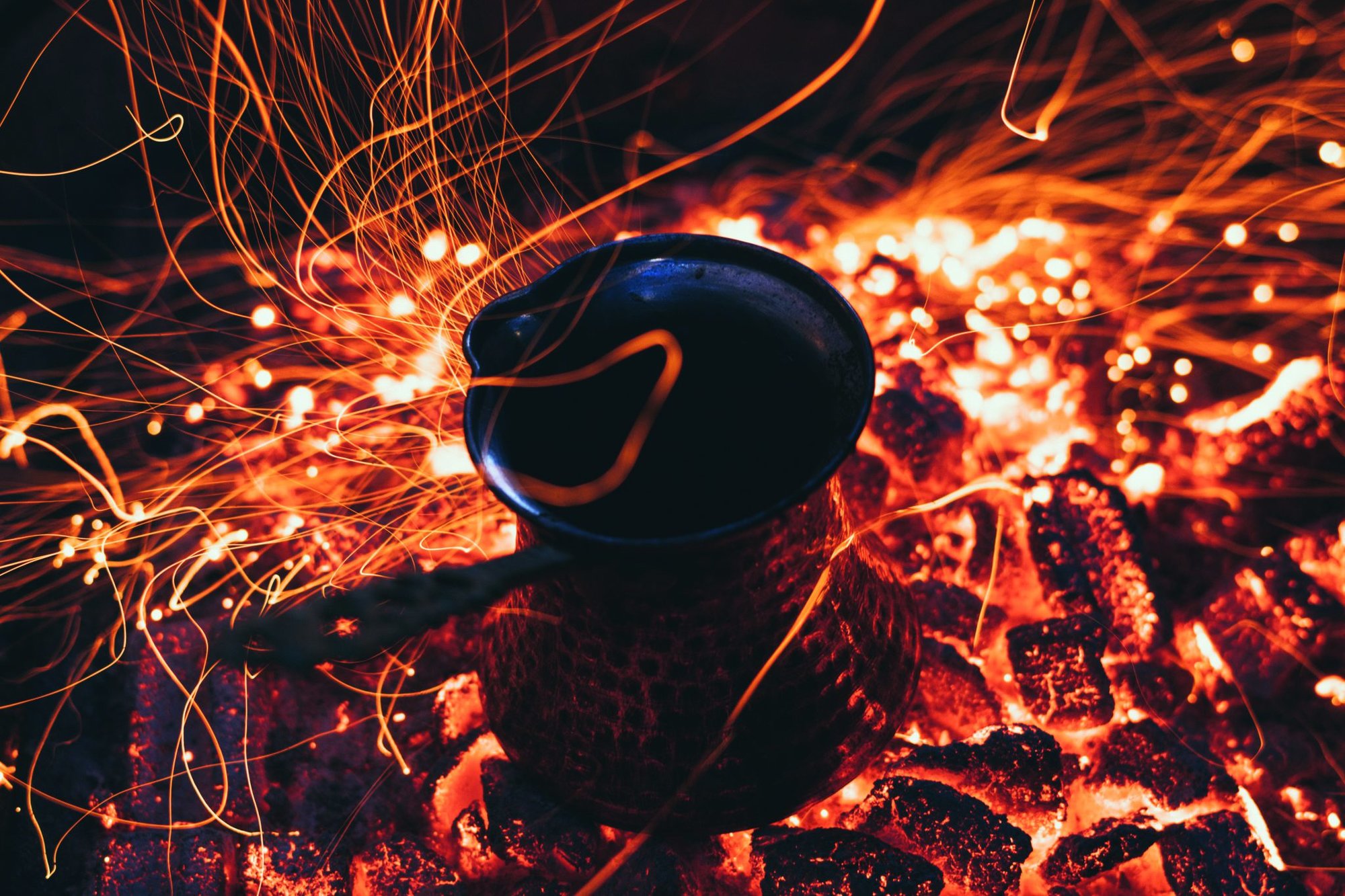
In the 17th century, coffee was Satan’s drink. It had to find Jesus before Christians would drink it. Photo by Ümit Yıldırım on Unsplash.
Before it was fully embraced by European Christians in the 17th century, coffee had a long and contentious history in the minds of Christians, who regarded it as the black bean of the Islamic world. While sipping cortados, espressos, and café au laits is common practice in Europe today, coffee was once considered a drink created by Satan for use by infidels.
Until the pope tried a cup.
When Pope Clement VIII came to power in the Papal States in 1592, the Ottoman Empire was on a meteoric rise in the Mediterranean and Eastern Europe. Since the Ottoman sultan was also the caliph of the Islamic world, the power of the Ottomans and the power of Islam were inextricably linked in the minds of European leaders, who believed nothing fueled the Muslim armies like coffee.
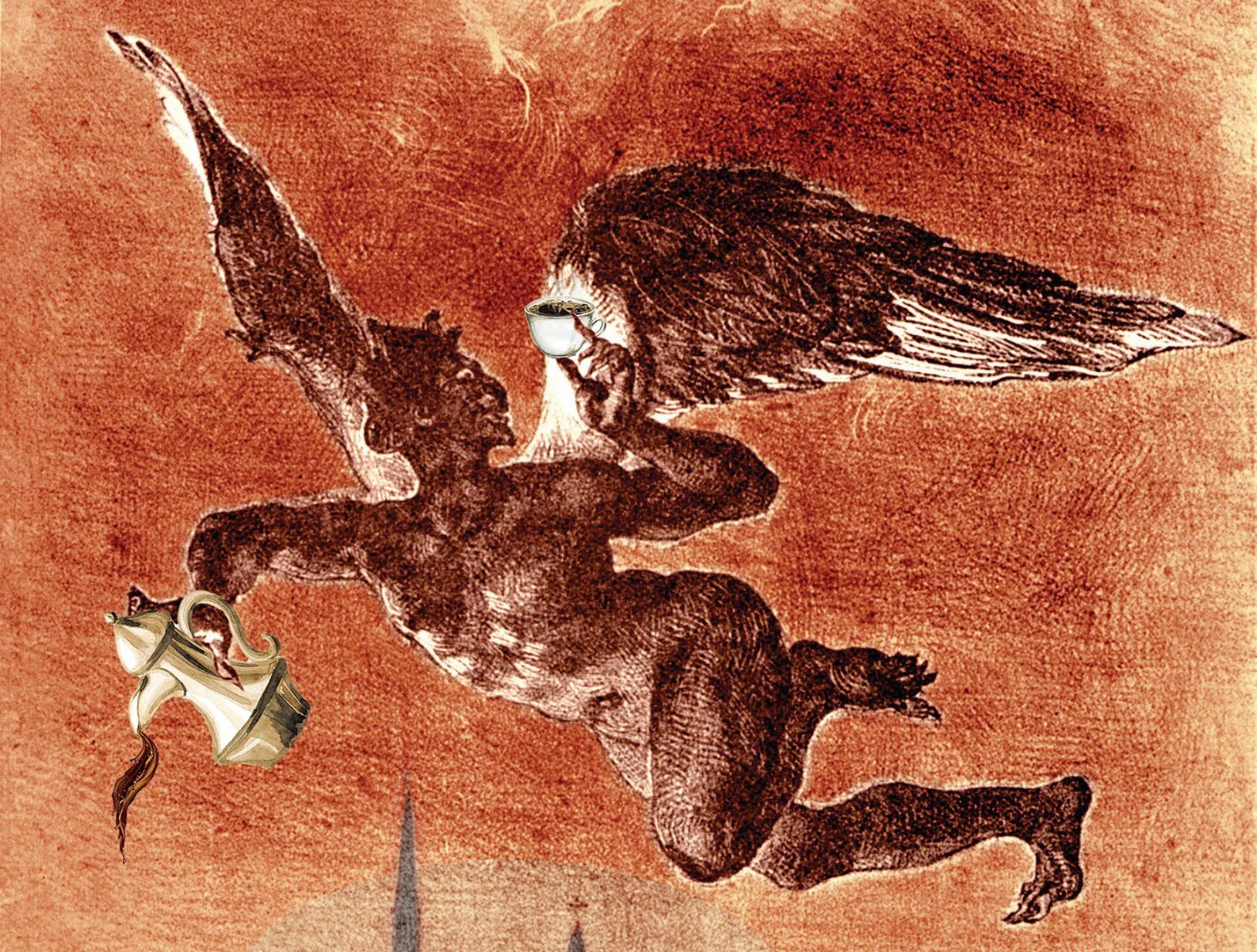
Around 1600, when coffee began to gain popularity in Europe, the Christian world seemed to be fighting a war for survival in the Balkans against the Ottoman Sultan Mehmed III and then Ahmed I. The sultans’ massive armies were a real threat to Christianity in the East, and everything even remotely Muslim was considered perilous to the supremacy of the church.
Christians drank wine as a social beverage and used it in Holy Communion ceremonies. Turks, Arabs, and other Muslims could not drink wine, so they drank coffee as a social substitute, leading Christians to believe that coffee must be the drink of the Antichrist. Priests and cardinals alike implored Pope Clement to ban coffee as “Satan’s Drink.”
Coffee, when it first came to Europe from the East, was essentially a real-world metaphor for Islam. It was well known that Arabs drank coffee socially the way European Christians drank wine. Catholic officials and vintners alike were (rightly) worried the beverage would catch on, so they wanted Pope Clement VIII to ban it.
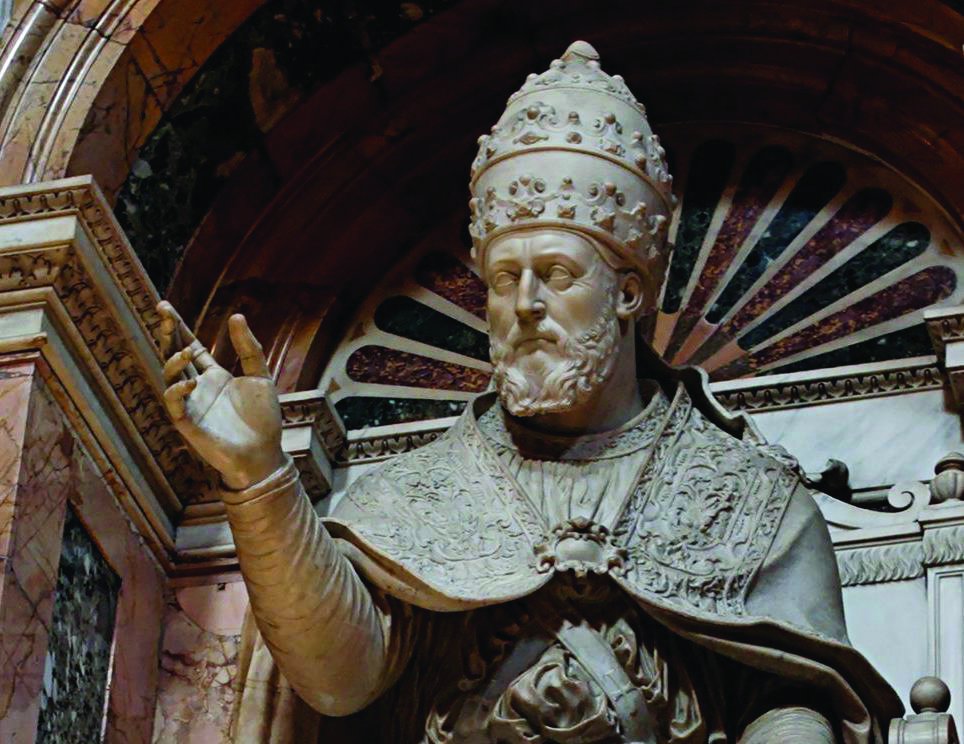
Unfortunately for the priests and winemakers, the Pope decided to try a cup of coffee before making his decision. As legend goes, Clement was so taken with the drink he decided to embrace it rather than ban it.
“Why, this Satan’s drink is so delicious that it would be a pity to let the infidels have exclusive use of it,” Clement is rumored to have said.
Of course, “Coffee is actually really delicious” probably wouldn’t have been enough to satisfy the demands of his own vassals and their extreme feelings about a beverage that pretty much represented everything they were fighting against. The papacy back then wasn’t the institution it is today. In those days, the popes had real power and faced real consequences for failure. Popes had been poisoned, tortured, and executed for less.
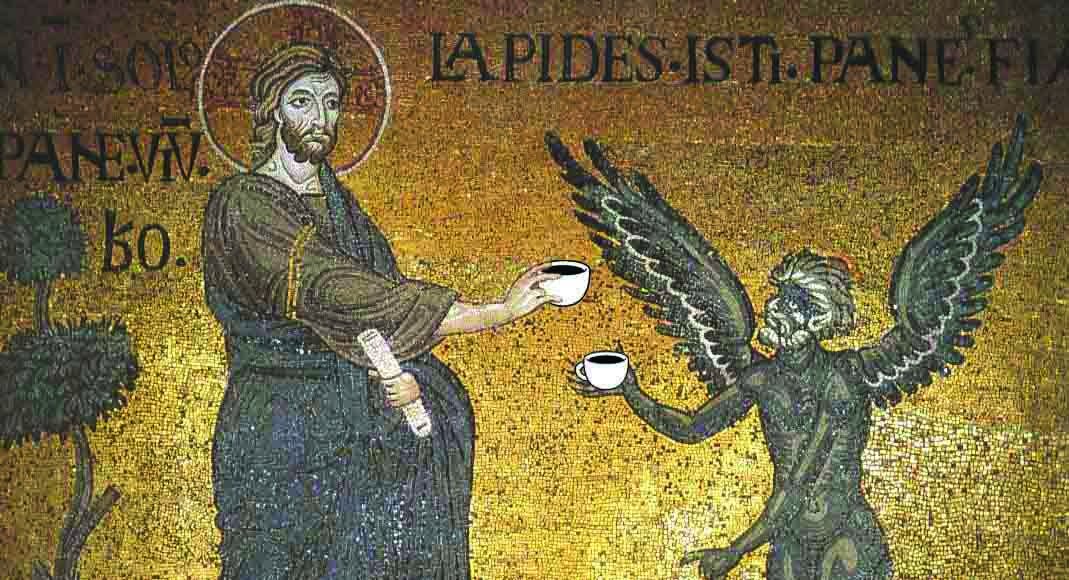
But Clement was no softie, especially when it came to Islamic expansion. Just one year after he became pope, fighting broke out in the East once more with Ottoman forces advancing in Croatia. New leaders in the predominantly Christian principalities of Wallachia, Moldova, and Transylvania renounced their vassal status to the sultan, causing the Habsburg Empire to send its seasoned combat troops to the Ottoman front and forcing the Ottomans to raise an enormous army.
The resulting 13-year war was one of the longest in a series of conflicts between East and West from 1529 to 1918, and it dealt a significant blow to Ottoman prestige. The massive Ottoman armies were met by a coalition of seasoned Christian combat veterans — fresh from fighting one another — led by the Holy Roman Emperor. Europe didn’t gain much in the 13-year “Long War,” but it didn’t lose ground either. After years of fighting and the resulting economic decline, the Ottomans were humbled. Their growth stopped, and they were forced to handle internal matters — all because the pope was an effective leader.
The relatively young pope also brought England’s King Henry IV back into the Catholic fold and ended various conflicts raging between France, Spain, and other principalities. He was so crucial in ending the infighting in Christian Europe and cementing such a large alliance against Ottoman aggression that no one could doubt his anti-Islamic bona fides.
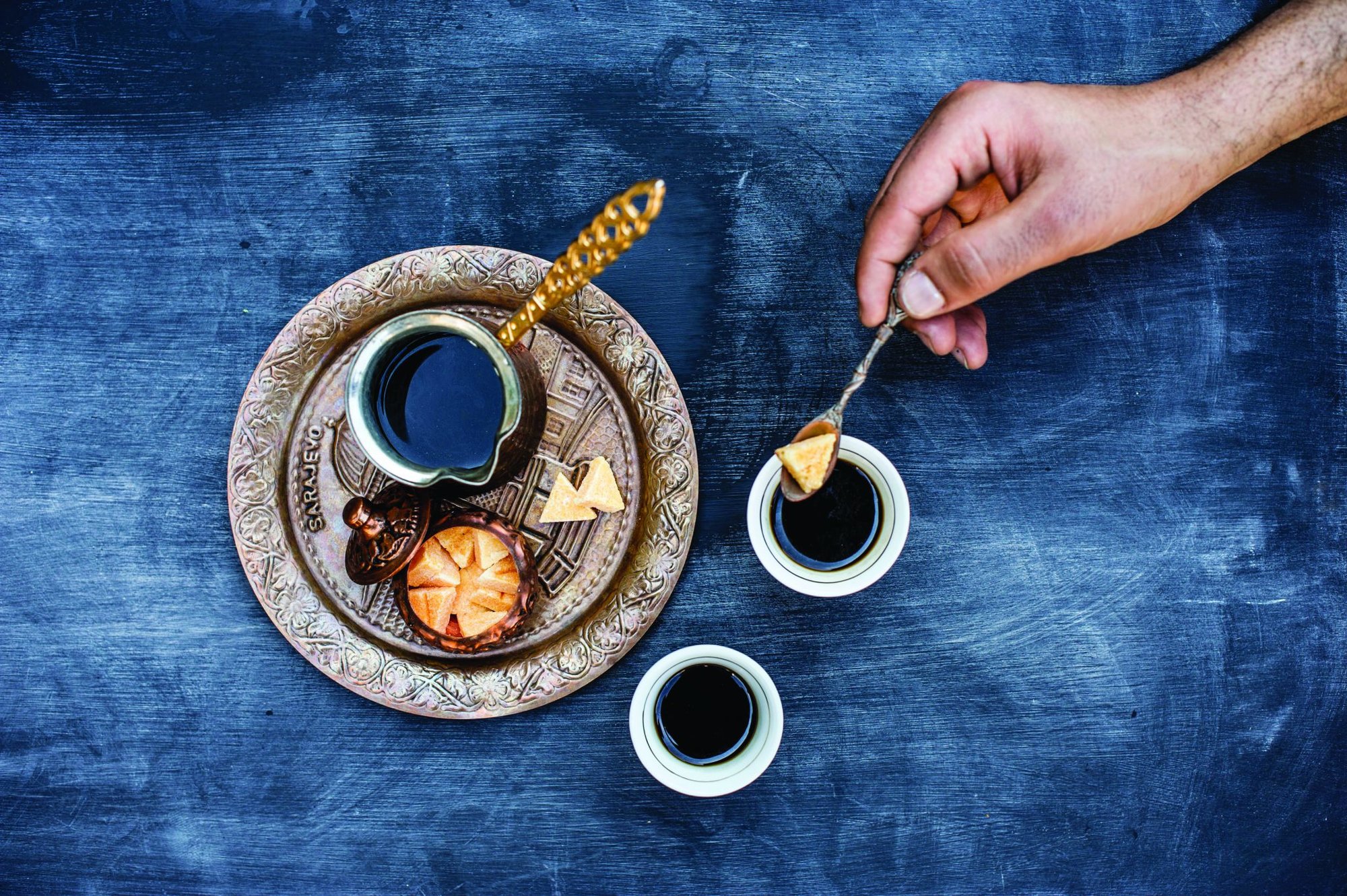
Although he’d united the leadership of Christian Europe, Clement knew it was still full of drunkards, and he believed allowing a strong — but not intoxicating — alternative was a good idea. Believing coffee could help fuel Christians the way it had Muslims, Clement re-christened coffee as a blessed beverage. The energy-boosting black beans of the Islamic world became a gift from God to all of Christendom, and no one challenged Clement’s decision — or tried to assassinate him.
Coffee, then still brewed in the Turkish style, didn’t take Europe by storm right away. It had to compete with beer, wine, and the complicated process of getting beans from the Middle East and Africa. Once the logistics were settled, coffee soon took its place as the top beverage, making its way across the Continent and into the New World. Today, Europeans drink 11 pounds of the stuff per person every year. All because the pope gave it his blessing.
This article first appeared in the Fall 2021 edition of Coffee or Die’s print magazine as “When Coffee Was ‘Satan’s Drink.'”
Read Next: Ring in the New Year With These Coffee-Related Resolutions
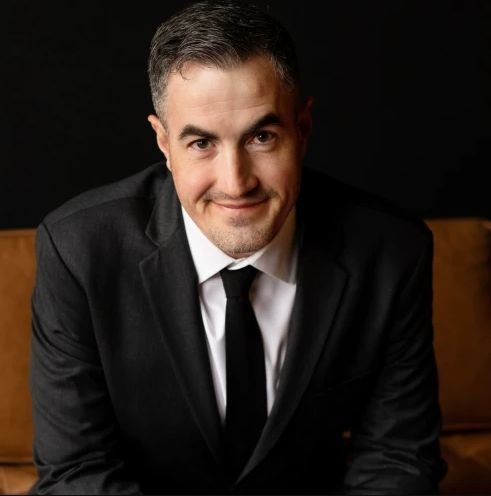
Blake Stilwell is a traveler and writer with degrees in design, television & film, journalism, public relations, international relations, and business administration. He is a former US Air Force combat photographer with experience covering politics, entertainment, development, nonprofit, military, and government. His work can be found at We Are The Mighty, Business Insider, Fox News, ABC News, NBC, HBO, and the White House.
BRCC and Bad Moon Print Press team up for an exclusive, limited-edition T-shirt design!
BRCC partners with Team Room Design for an exclusive T-shirt release!
Thirty Seconds Out has partnered with BRCC for an exclusive shirt design invoking the God of Winter.
Lucas O'Hara of Grizzly Forge has teamed up with BRCC for a badass, exclusive Shirt Club T-shirt design featuring his most popular knife and tiomahawk.
Coffee or Die sits down with one of the graphic designers behind Black Rifle Coffee's signature look and vibe.
Biden will award the Medal of Honor to a Vietnam War Army helicopter pilot who risked his life to save a reconnaissance team from almost certain death.
Ever wonder how much Jack Mandaville would f*ck sh*t up if he went back in time? The American Revolution didn't even see him coming.
A nearly 200-year-old West Point time capsule that at first appeared to yield little more than dust contains hidden treasure, the US Military Academy said.












